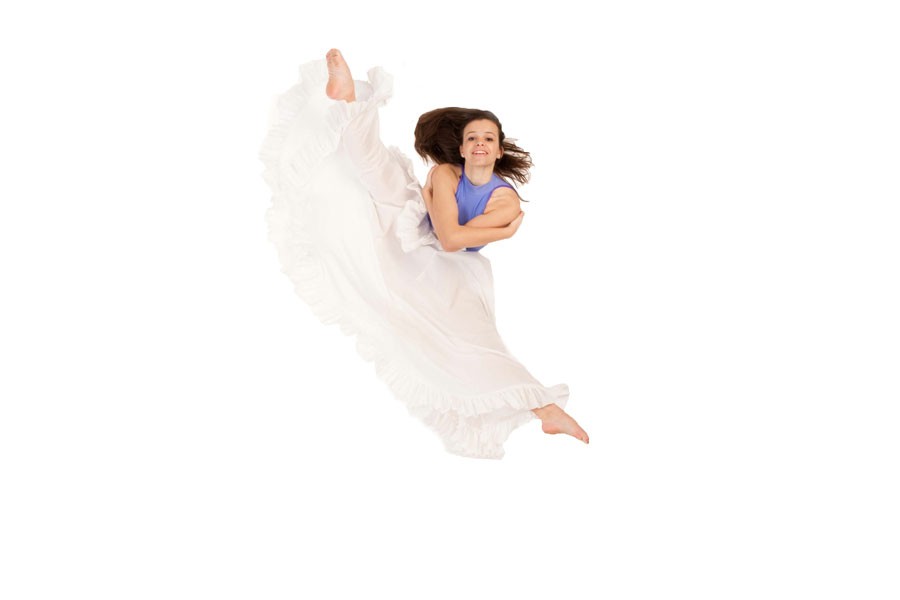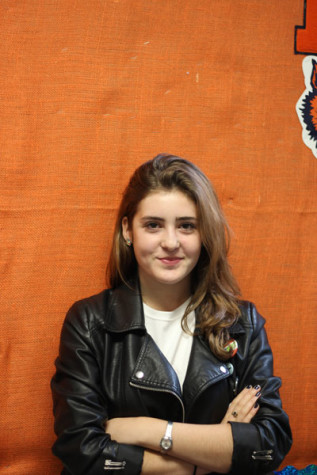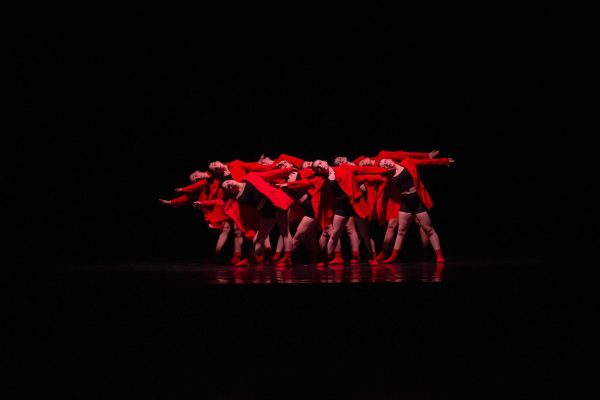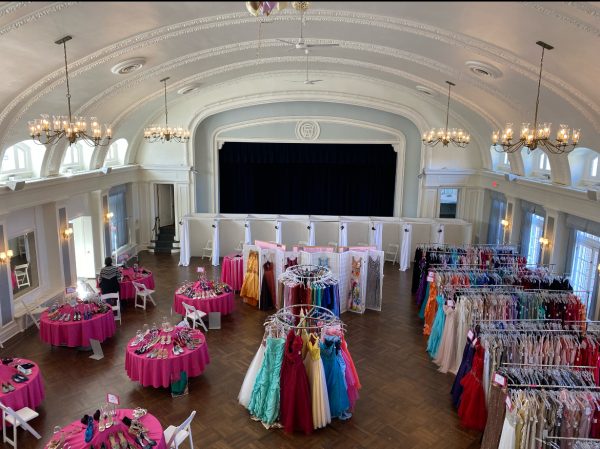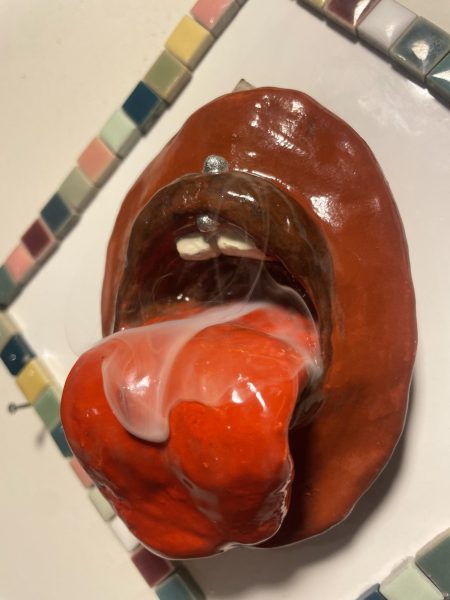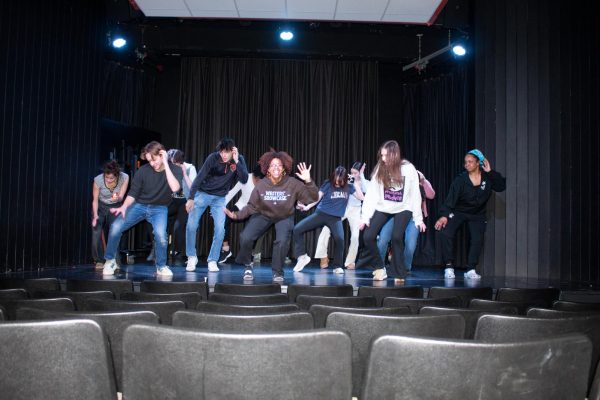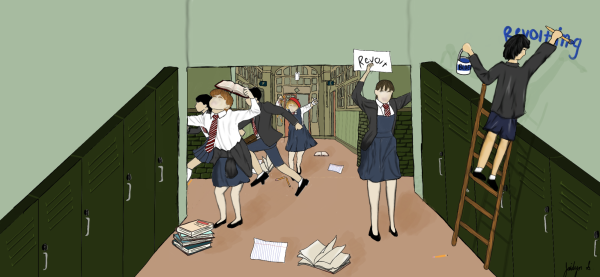Evanston Dance Ensemble to close with Alice in Wonderland
Dance down the rabbit hole.
On March 10-13, EDE will bring back its interpretation of Alice in Wonderland at Northwestern’s Louis Theater.
Co-Artistic Director Christina Ernst explains that while theme based shows allow for greater stylistic variety, story ballets like this one are fun because the audience can follow the characters and keep track of familiar faces. This way, the focus is not only on the choreography and the movement itself, but on the narrative and storytelling that make the show even more exciting.
This season’s production of Alice in Wonderland will feature new sets by set designer Lauren Nigri and all-new projections by Joseph Burke.
“The projections really make it feel like you’re looking into a picture book, like you’re falling into the story as if you were part of it,” says Ernst, explaining the departure from more traditional backdrops.
In addition, double-casting the leads gives more dancers an opportunity to have bigger roles. “We have so many strong dancers, and each has a very different quality and perspective to bring to the role,” says Ernst. Making small adjustments based on each dancer’s strengths and personality allows choreographers to “keep it fresh.”
Double-casting can also be a way of taking precautions if a dancer were to be sick or injured at the time of performance. Ernst explains that double-casting and understudy work helps dancers grow and allows company members to work more closely with choreographers.
The production has been a success since its debut in 2002, each time featuring primarily student performers and all original choreography. According to Ernst, the first weekend of shows brought in the biggest audience until that point.
The show returned in 2009 to community wide success, and this season marks the third time EDE will stage their unique adaptation. Ernst explains, “The production does well with audiences because of the story’s familiarity across generations.”
Putting on a show periodically helps build a relationship with the audience, both establishing tradition and involving the next generation who may not have been exposed to the production yet. “Recurring productions give people in the company the opportunity to have one part and then another, better role,” Ernst says. “This way they can experience the production from many different angles.”
For all involved, it’s the collaborative part of creating a show that gives it strength, from the dancers and choreographers to costume, lighting, and set designers.
For tickets call 847-491-7282 or visit www.tic.northwestern.edu.
Your donation will support the student journalists of the Evanstonian. We are planning a big trip to the Journalism Educators Association conference in Philadelphia in November 2023, and any support will go towards making that trip a reality. Contributions will appear as a charge from SNOSite. Donations are NOT tax-deductible.

